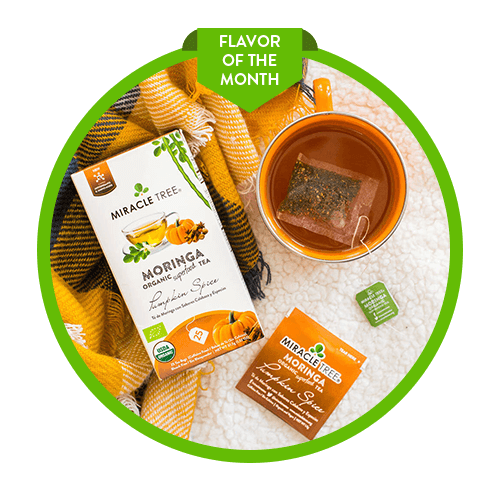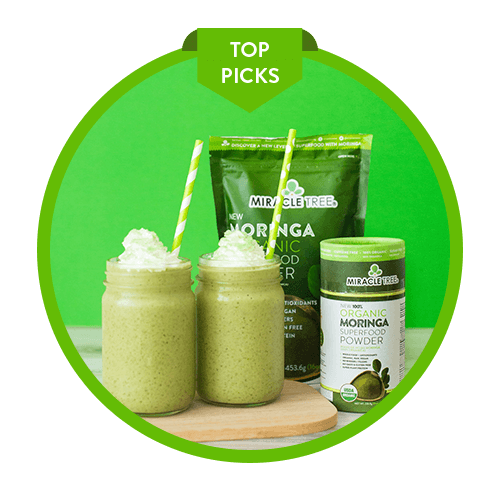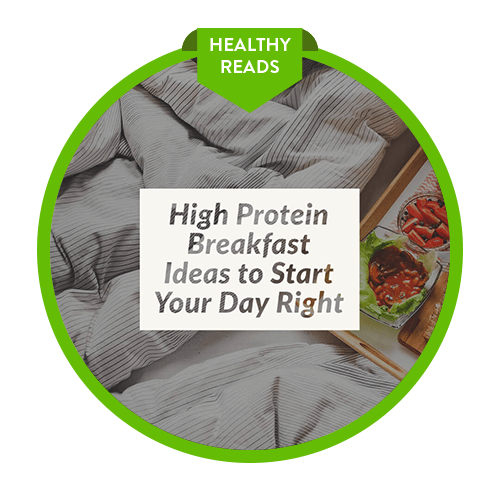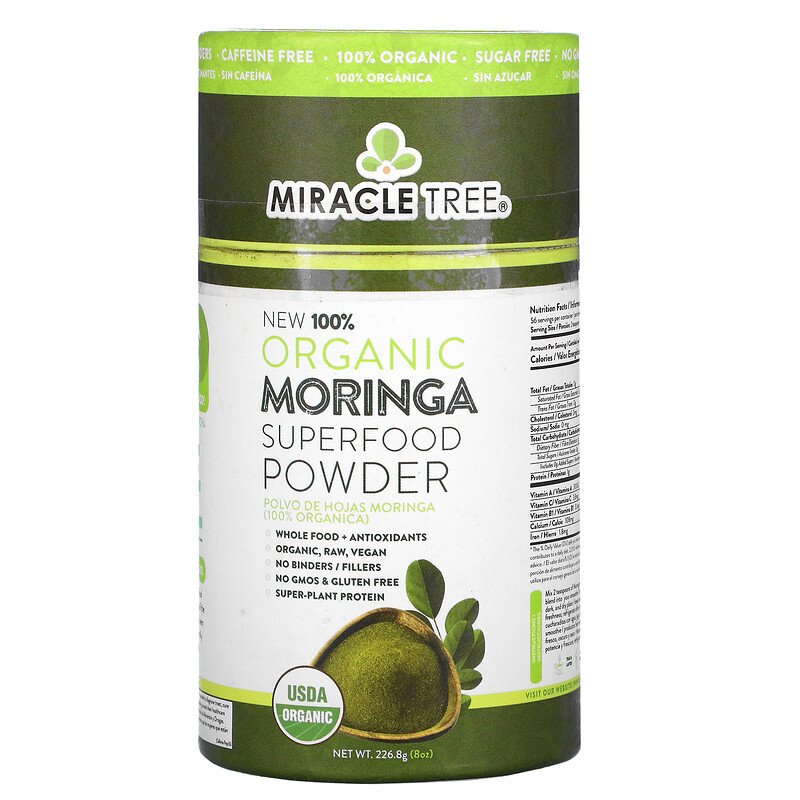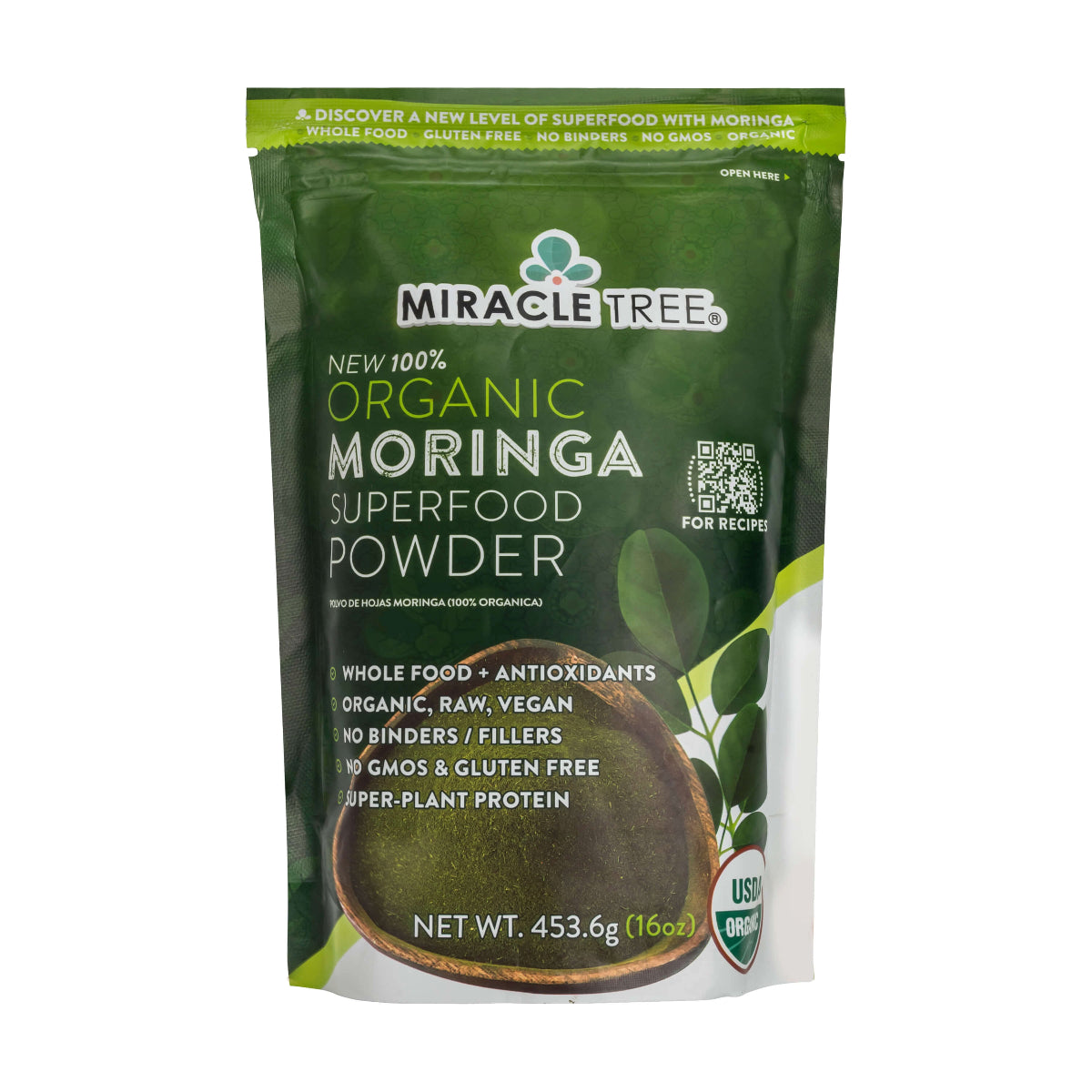Wondering how to stay healthy on a budget? Here are seven ways to practice wellness efficiency without breaking the bank.
Plunging salaries and job losses—an unfortunate outcome of a soft economy—may not only take a toll on your wallet but also on your overall health.The organic produce aisle at the grocery store and the costly gym memberships may have led you to believe that staying healthy and sticking to a budget are totally at odds.
However, achieving wellness sufficiency by making smart choices can prevent your health from sliding into its own recession. Unconvinced? Give these money-saving wellness efficiency habits a try:
Plan your meals
Before heading to the supermarket, make a grocery list of all the foods that you really need. This way you won’t end up spending money on food that might eventually get thrown away. Check your kitchen cabinets and refrigerator thoroughly for all the food items you may already have so you don’t repurchase them. Once you have created a grocery list, stick to it in order to avoid unintended expense. While walking down the grocery aisle, remember to look at the top and bottom shelves. The most pricey items are usually placed at eye level.
Stay hydrated
Drink at least 6-8 glasses of water every day. Water is a free, simple and effective way of attaining wellness efficiency. It also helps break down the food you eat so that your body can absorb the nutrients. Get a water bottle and carry it everywhere you go. This will not only act as a visual reminder to drink more water but will also help you avoid buying bottled drinks that are expensive and sometimes laden with sugars or additives.
Get your sleep
One of the cheapest and simplest habits you can build to boost your overall health is getting good sleep. Studies have demonstrated the benefits of sleep in facilitating recovery, lowering the risk of heart diseases and reducing blood pressure. It is just as important as eating nutritious food and exercising. Plus, it can improve concentration and productivity, thus helping you perform better in every other aspect of your life.
Exercise
Exercise is an easy yet a powerful pathway to wellness efficiency. Choose inexpensive ways of moving your body. YouTube in particular is a great low-cost fitness option. It provides a plethora of free yoga and dance classes where a professional guides you through each session. The benefits of regular physical exercise are immense. It can improve digestive health by stimulating the gut and helping the digestion of unhealthy foods. It also burns calories, promotes detoxification, encourages weight loss and helps fight disease.
Incorporate superfoods into your diet
Superfoods are loaded with vitamins, minerals and antioxidants. They offer maximum nutritional benefits for minimal calories. Some superfoods are not only cheap but also easy-to-find. Studies have demonstrated that superfoods packed with antioxidants and flavonoids help prevent coronary heart disease and cancer. They also work to improve immunity and reduce inflammation. Our superfood recommendation for achieving wellness efficiency? Moringa. Moringa is a nutrient-dense superfood that is full of vitamins, antioxidants and amino acids. Just one scoop of moringa powder everyday can set the way for a healthier and more balanced lifestyle.
Eat less salt
Since the 1970s, salt intake has been on the rise, with Americans consuming twice the recommended daily amount. A study found that a diet high in sodium (majorly present is table salt) and low in potassium had a 50 percent increased risk of death from any cause and a 200 percent increase from a heart attack alone. This is because too much salt can result in high blood pressure. A lot of salt you eat is found in packaged foods such as cereals, soups, bread and sauces. Read food labels and avoid products that have more than 1.5 g of salt per 100 g.
Eat a protein-rich breakfast
A perfect recipe for wellness efficiency? Eat a protein-rich breakfast. It has been shown to support muscle health and encourage weight loss by increasing glucose regulation, muscle mass and satiety hormones. A high-protein breakfast helps the brain function at its optimal level and reduces the desire to snack at night. Oats, a popular superfood, is a good source of valuable nutrients like proteins, unsaturated fatty acids, vitamins and dietary fibers. Oats help you feel full and aid digestion by promoting healthy bacteria in your gut. Plus, they are cheap, nutritious and can be prepared in a variety of ways.

